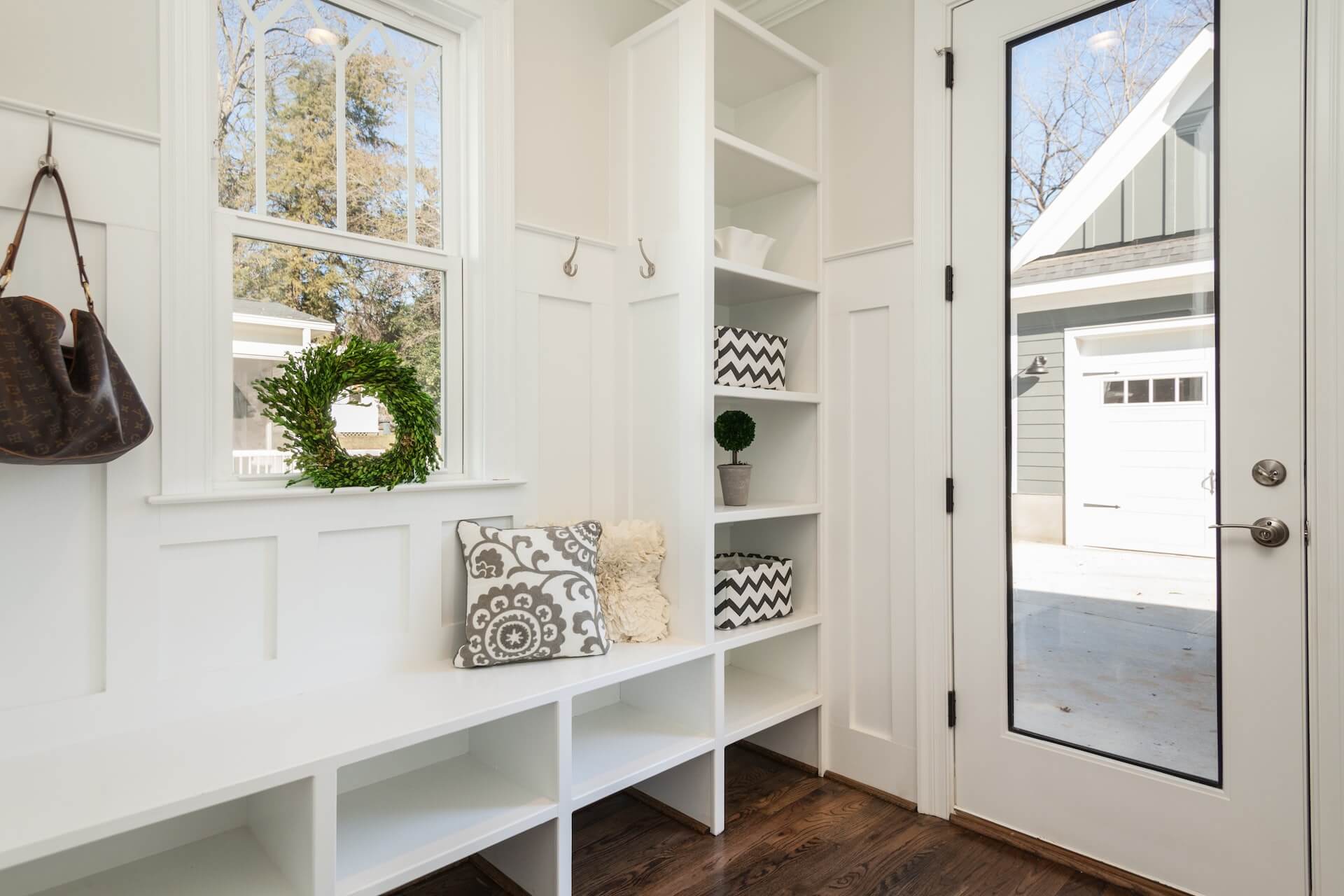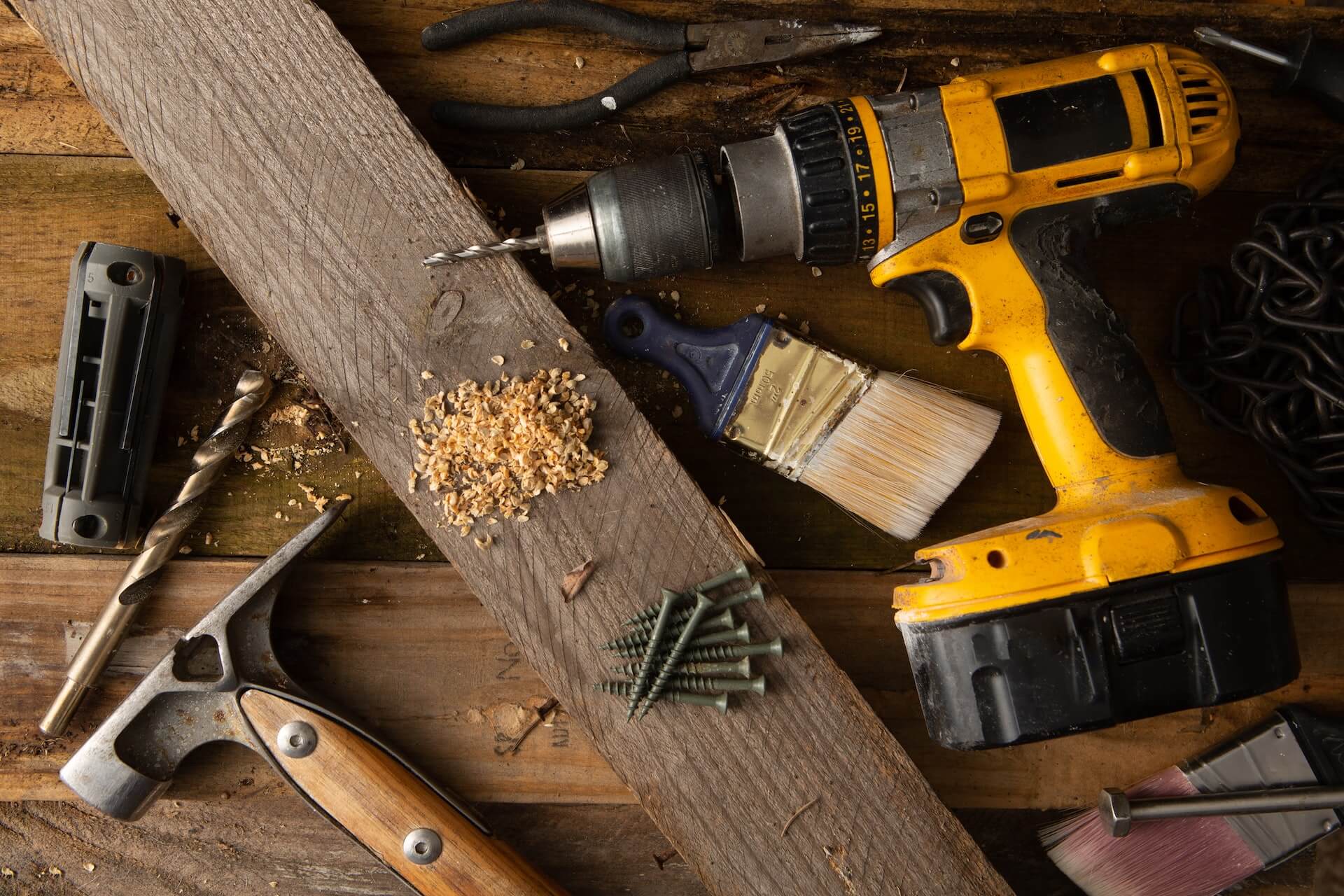If you’re in the process of remodelling your new home, don’t worry – you’re not alone. Many homeowners choose to do some renovating soon after moving into a new place. Remodelling can be a great way to make your house feel like home, but there are also a few things that you need to watch out for. In this blog post, we will discuss six common mistakes that homeowners make when remodelling their new houses. Read on to learn more!
1. Not having a budget in mind
Remodelling takes time and money, so it’s important to have a budget in mind before starting any projects. Make sure to factor in all the materials and labour costs, as well as any unexpected expenses that may come up along the way. The last thing you want is to go over budget and end up with financial stress. Therefore, a good way to avoid this is by tracking your expenses and sticking to your budget. A budget should also factor in any potential future expenses, such as maintenance costs.
2. Not doing enough research
Before starting any remodelling project, it’s important to do your research. This includes researching materials and contractors, as well as what permits may be necessary for certain projects. Failing to do proper research can result in poor quality work or even legal issues down the road.
Additionally, make sure to thoroughly plan out the design and layout of your remodel. This includes taking measurements, creating a plan, and considering any potential issues that may arise during the project.
Also, be sure to consider how the remodel will impact your daily life – for example, if you’re renovating your kitchen, will it still be functional during the renovation process? Will there be noise or dust that may affect your daily routine? Planning ahead can save you a lot of stress and inconvenience.
3. Not having the proper tools
Many people think they can save money by trying to do DIY projects without the proper tools or equipment. However, using the wrong tools or attempting a project beyond your skill level can actually end up costing you more in the long run. You might end up needing construction machinery spare parts or hiring someone to fix mistakes, resulting in added expenses. Make sure you have the proper tools for the job and know how to use them properly before starting a project. Hiring professionals with the right tools and experience can ensure that your remodel is done correctly and efficiently.
If you do choose to tackle some DIY projects, make sure to invest in high-quality tools and proper safety equipment. It’s also a good idea to educate yourself on the correct techniques before starting a project.
4. Not considering the future
It’s easy to get caught up in remodelling for the present, but it’s important to consider how your choices may impact the future. Will your design choices still be in style a few years down the line? Are they functional and practical for everyday use? Will they add value to your home if you decide to sell in the future? Taking the time to consider these factors can save you from regretting your decisions in the future.
Additionally, make sure to use durable materials that will stand the test of time and require minimal maintenance. This not only saves money in the long run but also ensures that your remodel will continue looking good for years to come.
5. Not considering the resale value
While remodelling for your own enjoyment is important, it’s also a good idea to consider how it may impact the resale value of your house.
Often, simple and neutral design choices will appeal to a wider range of potential buyers in the future. It’s also important to make sure that any major renovations adhere to the building codes and regulations in your area. Additionally, keeping records of any major renovations can add value to your home. This includes saving receipts, before and after photos, and any warranties for materials or appliances. Overall, it’s important to strike a balance between making design choices that you love and will enjoy in the present, while also considering their potential impact on the resale value of your home.
6. Going over budget
Remodelling projects can quickly add up, so it’s important to set a realistic budget and stick to it. Make sure to account for any potential unexpected expenses or delays in the remodelling process. It’s also a good idea to have some wiggle room in your budget in case you decide on any additional upgrades or changes during the project.
If you find yourself going over budget, try to cut back on any non-essential expenses and prioritize the most important aspects of your remodel.
Avoiding these common mistakes can help ensure that your remodelling project goes smoothly and successfully. So plan ahead, consider the future, and stick to your budget to make the most out of your remodel.

































